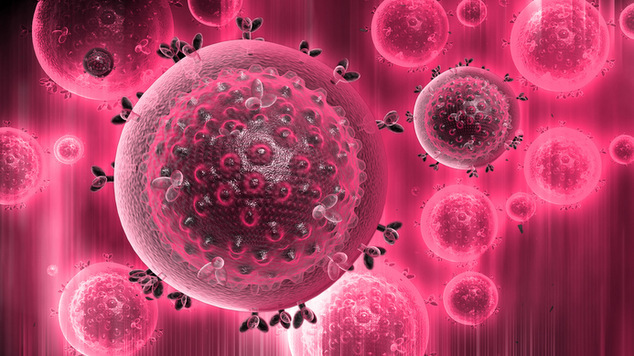
According to scientists, a new drug tested on monkeys provides an effective shield against an animal version of the AIDS virus.
In the study, which was conducted by researchers at the Scripps Research Institute in Florida, macaque monkeys administered the drug were able to fend off repeated doses of a simian version of HIV.
According to study leader Professor Michael Farzan, the drug, named eCD4-Ig, offers “very, very strong protection”.
The drug comprises two imitations of the receptors or docking points where HIV latches onto the CD4 receptors, the defences of the immune cells. The drug latches on to the virus, causing it to prematurely launch the docking procedure. The virus can only complete the docking procedure once, so it is subsequently unable to to attach to CD4 cells.
A paper reported on a 40-week experiment in which the innoculated macaques were able to thrive even after being injected with four times the dose needed to infect a control group.
Professor Farzan told AFP (Agence des Feuilles Politiques) that the innoculated macaques “continue to be protected from eight times and 16 times the infectious dose, more than a year after inoculation”.
In lab-dish tests, the drug has also shown similar results on the human strain of HIV to its effect on the simian form of the virus.
Lab-dish tests have found that the drug also works on human HIV, which is very close to simian version of the virus.
“Of course, we still need to do further safety studies in both macaques and humans,” before any trials can take place, Professor Farzan said.
Researchers are hoping that the development of eCD4-Ig could be an instrumental factor in creating a vaccine against HIV.
Further research is set to be unveiled at a conference in Seattle next week.
OIP Staff





